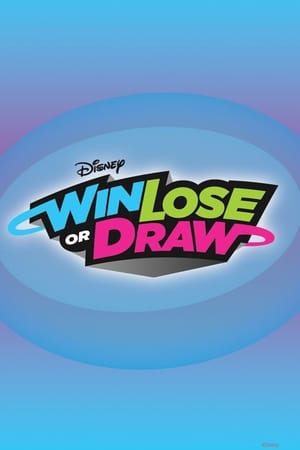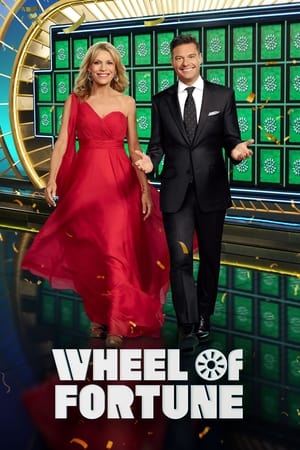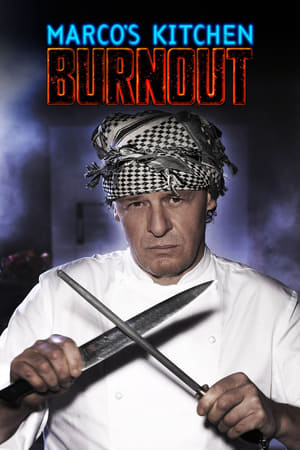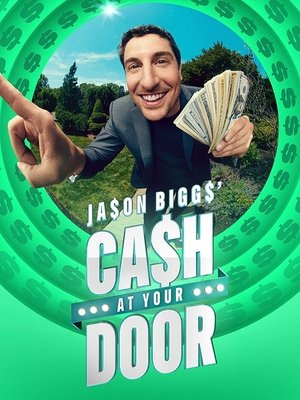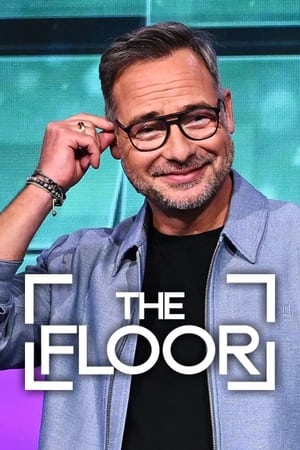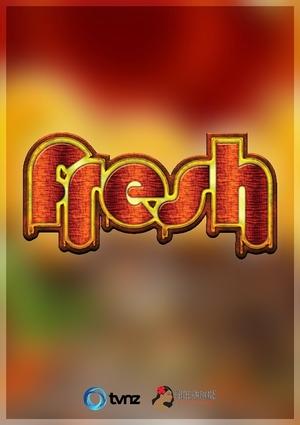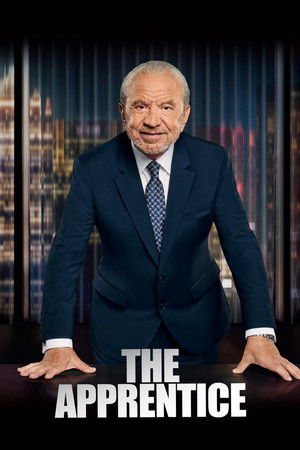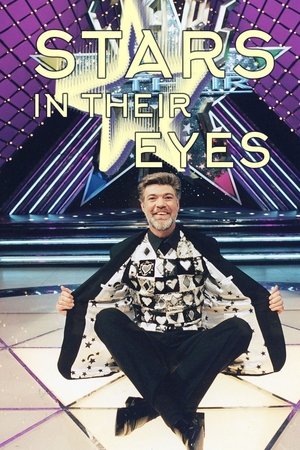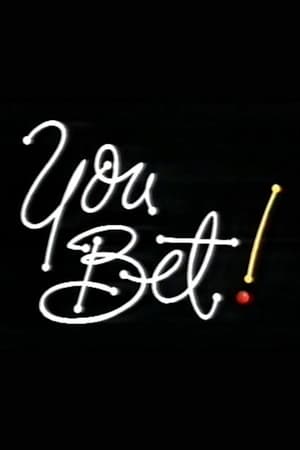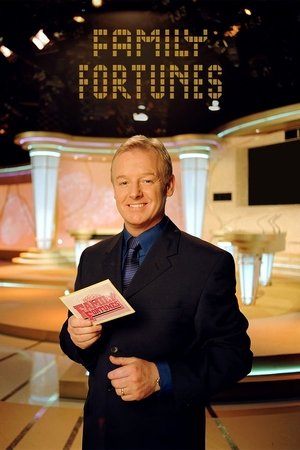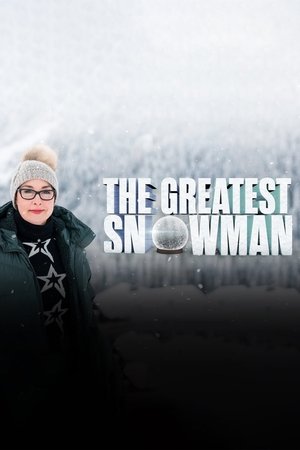Overview
Gladiators is a British television entertainment series, produced by LWT for ITV, and broadcast between 10 October 1992 and 1 January 2000. It is an adaptation of the American format American Gladiators. The success of the British series spawned further adaptations in Australia and Sweden. The series was revived in 2008, before again being cancelled in 2009. The series was originally presented by John Fashanu and Ulrika Jonsson, however, Fashanu was replaced by Jeremy Guscott in 1997. Guscott left the series in 1998, and subsequently, Fashanu returned for the final series in 1999. The series was refereed by John Anderson and the timekeepers over the show's run were Andrew Norgate, Derek Redmond and Eugene Gilkes. John Sachs was the show's commentator, and the series was accompanied by its own group of cheerleaders, known as G-Force. Despite being made by London Weekend Television, all episodes of Gladiators, International Gladiators, the second series of The Ashes and the first series of The Springbok Challenge were recorded at the National Indoor Arena in Birmingham. The first series of The Ashes and the second series of the The Springbok Challenge, however, were filmed on the sets of the Australian and South African versions of the shows respectively. The series also spawned a version for children, entitled Gladiators: Train 2 Win, which was broadcast on CITV between 1995 and 1998.

 English
English
 6.5
6.5
 1992
1992
 GB
GB
